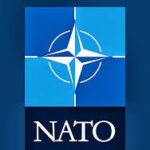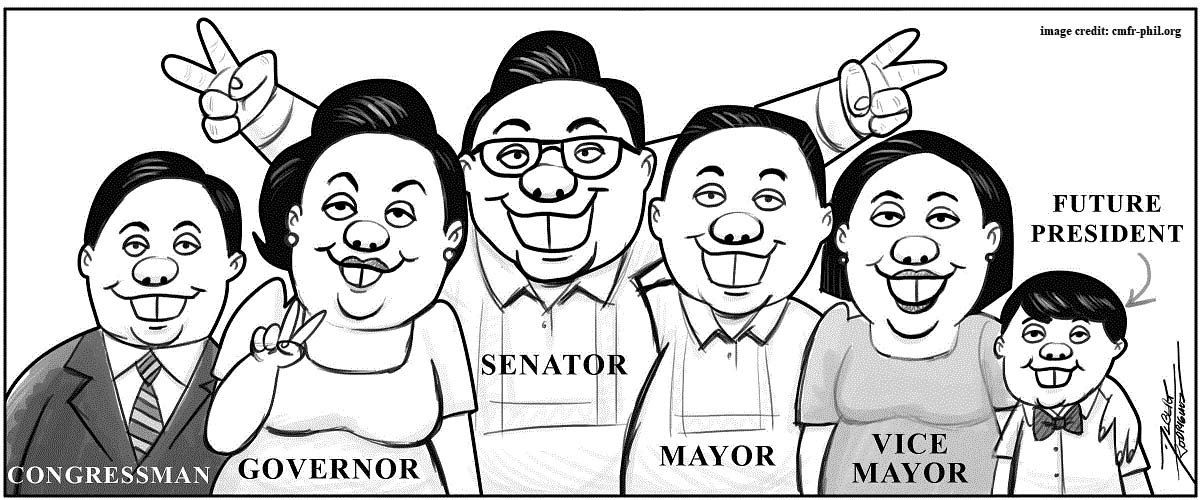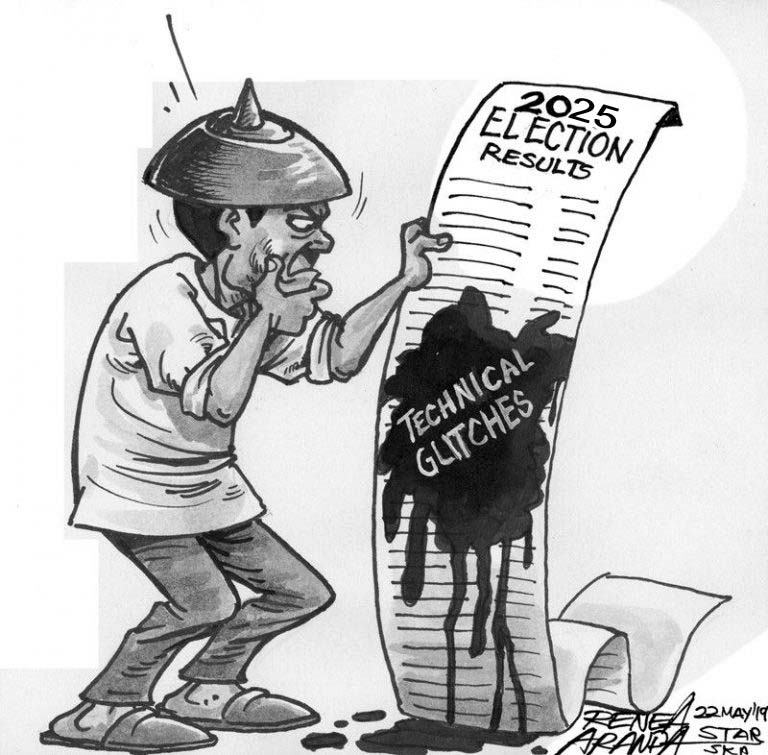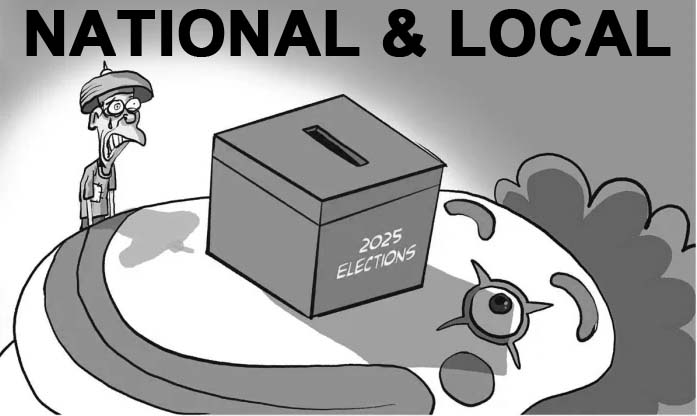Sheilla Cajayon Ysug-Lee, R.N.
The Confidential Funds in the Philippines have been a topic of controversy for years, and the proposed 2025 budget has once again brought it to the forefront. Confidential Funds are allocations in the national budget that are not disclosed to the public and are supposedly used for “confidential” or “intelligence” purposes.
In the Philippines, Confidential Funds are managed by the Department of Budget and Management (DBM) and are allocated to various government agencies, including the military, police, and other law enforcement agencies. The funds are supposedly used for legitimate purposes such as intelligence gathering, surveillance, and other activities that require confidentiality.
However, the use of Confidential Funds has been marred by controversy over the years. Critics argue that the funds are often misused or abused, and that they lack transparency and accountability. There have been allegations of funds being used for personal gain, corruption, and other illicit activities.
In the proposed 2025 budget, the Confidential Funds have once again sparked controversy. According to the budget proposal, the Confidential Funds will amount to ?6.2 billion (approximately USD 124 million), which is a significant increase from the ?4.5 billion (approximately USD 90 million) allocated in 2024.
The increase in Confidential Funds has raised concerns among lawmakers, civil society groups, and transparency advocates. They argue that the funds are still shrouded in secrecy and that there is a lack of transparency and accountability in their use.
“The Confidential Funds have been a black hole in our budget for far too long,” said Senator Risa Hontiveros, a vocal critic of the funds. “We need to shed light on how these funds are being used and ensure that they are not being misused or abused.”
The DBM has defended the allocation of Confidential Funds, saying that they are necessary for national security and intelligence gathering purposes. However, transparency advocates argue that there are other ways to ensure national security without resorting to secrecy and lack of accountability.
One of the main concerns is that the Confidential Funds are not subject to regular auditing and monitoring by the Commission on Audit (COA) and other government agencies. This lack of oversight has raised fears of misuse and abuse of the funds.
In response to the controversy, some lawmakers have proposed amendments to the budget bill to increase transparency and accountability in the use of Confidential Funds. These proposals include requiring government agencies to submit regular reports on the use of the funds and making the funds subject to regular auditing and monitoring.
The controversy surrounding Confidential Funds highlights the need for greater transparency and accountability in the Philippine budget process. As the country moves forward with its budget planning, it is essential that lawmakers and the public demand greater transparency and accountability in the use of public funds, including the Confidential Funds.
The issue also underscores the importance of ensuring that the budget process is participatory, transparent, and accountable to the people. The public has a right to know how their taxes are being spent, and it is the responsibility of lawmakers and government agencies to ensure that public funds are used for the benefit of the people, not for personal gain or corruption.
Ultimately, the controversy surrounding Confidential Funds in the 2025 budget highlights the need for reforms in the budget process to ensure that public funds are used transparently, accountably, and for the benefit of the people.















